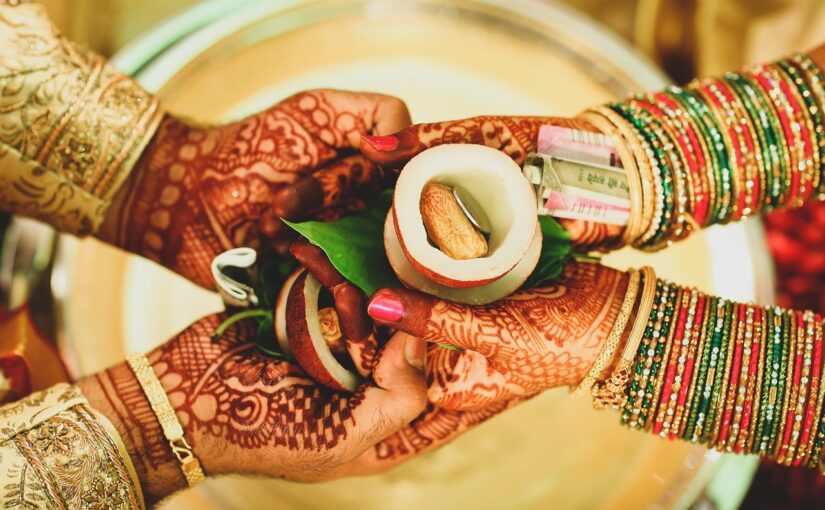Introduction:
A Hindu wedding is a beautiful and sacred ceremony that is filled with rich traditions and customs. It is not just a union between two individuals, but a celebration that brings together families, friends, and the entire community. In this blog, we will explore the essence and significance of the Hindu wedding ritual, shedding light on its deep-rooted traditions and the spiritual aspects that make it a truly special occasion.
The Sacred Union:
A Hindu wedding is more than just a legal contract; it is a divine union of two souls who are bound together for eternity. The wedding ceremony symbolizes the merging of two families, the coming together of two individuals, and the start of a new chapter in their lives. It is a sacred and profound moment that is celebrated with great joy and reverence.
Pre-Wedding Rituals:
The journey of a Hindu wedding begins with a series of pre-wedding rituals that vary based on regional and cultural customs. These rituals include engagement, Mehndi (henna), Sangeet (musical night), and Haldi (turmeric) ceremony, among others. Each ritual holds its own significance and adds a layer of depth and meaning to the overall wedding experience.
Main Wedding Ceremony:
The heart of a Hindu wedding is the main wedding ceremony, which is conducted with great reverence and adherence to ancient traditions. The ceremony is typically performed in the presence of a sacred fire (Agni) and officiated by a priest. It involves several rituals, such as Kanyadaan (giving away the bride), Saptapadi (seven steps around the fire), and Mangalsutra (tying of the sacred thread), among others. These rituals symbolize love, commitment, and the blessings of the divine for a blissful marital journey.
Ritualistic Symbolism:
The Hindu wedding ritual is rich in symbolism, with each custom representing deep spiritual meanings. From the sacred fire that signifies purity and illumination to the exchange of garlands that symbolize acceptance and respect, every ritual has a profound significance. Understanding these symbolic elements helps us appreciate the beauty and spirituality embedded in the Hindu wedding ceremony.
Cultural Diversity:
India is a land of diverse cultures, and each region has its own unique customs and traditions associated with weddings. From the opulence of a North Indian wedding to the simplicity of a South Indian wedding, the Hindu wedding ritual showcases the rich tapestry of cultural diversity within the country. Exploring these regional variations adds to the richness and uniqueness of the overall wedding experience.
Conclusion:
The Hindu wedding ritual is a sacred and meaningful ceremony that celebrates love, unity, and spirituality. It is a journey that begins with careful planning and choosing the perfect marriage halls in Chennai. By understanding the significance of the rituals and customs and selecting an ideal venue, couples can create a wedding that not only reflects their cultural heritage but also leaves an indelible mark in their hearts and the hearts of their guests.
